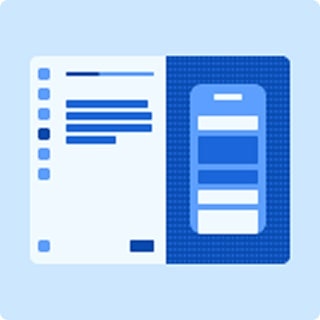Between user research, stakeholder alignment, and endless product iteration, Product Managers are under pressure to do more, faster, with less.
Artificial intelligence can change that. So we’ve created a list of the best AI tools for product managers to try out.
Organized by use case, find what fits your workflow and priorities—whether you're validating ideas, analyzing user behavior, or updating documentation.
The 21 best AI tools for product managers (categorized by use case)
Each tool in this list solves a specific product management challenge—from writing faster PRDs to extracting insights from customer feedback. Whether you're deep in discovery or prepping for launch, there's an AI-powered way to move faster and reduce manual work.
Tool | Category | Best for | Price |
|---|---|---|---|
Zeda.ai | Product discovery |
| Starts at $499/month |
Dovetail | Product discovery |
| Free; Pro from $39/user/month |
Productboard AI | Product discovery |
| Free; paid plans from $19/user/month |
Visily | AI-assisted prototyping |
| Free; Pro from $11/editor/month |
Uizard | AI-assisted prototyping |
| Free; Pro from $12/month |
UX Pilot | AI-assisted prototyping |
| Free; Pro from $29/month |
Proto.io | AI-assisted prototyping |
| Starts at $29/month |
Banani AI | AI-assisted prototyping |
| Free |
Prisync | AI-assisted pricing research |
| Starts at $99/month |
Crayon | AI-assisted pricing research |
| Custom pricing |
Maze | AI-assisted user research |
| Free; Paid from $99/month |
Sprig | AI-assisted user research |
| Free; Custom pricing |
Looppanel | AI-assisted user research |
| Starts at $30/month |
Qualtrics XM | User satisfaction and feedback |
| Custom pricing |
Refiner.io | User satisfaction and feedback |
| Starts at $99/month |
Mixpanel | AI-assisted data analysis |
| Free; Custom pricing |
Amplitude | AI-assisted data analysis |
| Free; Plus from $61/month |
Google Gemini | AI-assisted data analysis |
| Free; Paid from $22.80/user/month |
ChatGPT | AI-assisted data analysis |
| Free; Plus $20/month |
ChatPRD | AI-assisted product documentation |
| Starts at $8/month |
Notion AI | AI-assisted product documentation |
| Free; Plus $12/seat/month |
ProdPad CoPilot | AI-assisted product documentation |
| Starts at $30/editor/month |
Together, these product management tools reflect a growing AI research vision: smarter tools that support real product work. Let’s dive in.
AI tools for product discovery
Product discovery is where strong products start, but research, synthesis, and validation take time. These AI tools help you uncover user needs, analyze feedback, and spot patterns faster.
1. Zeda.io
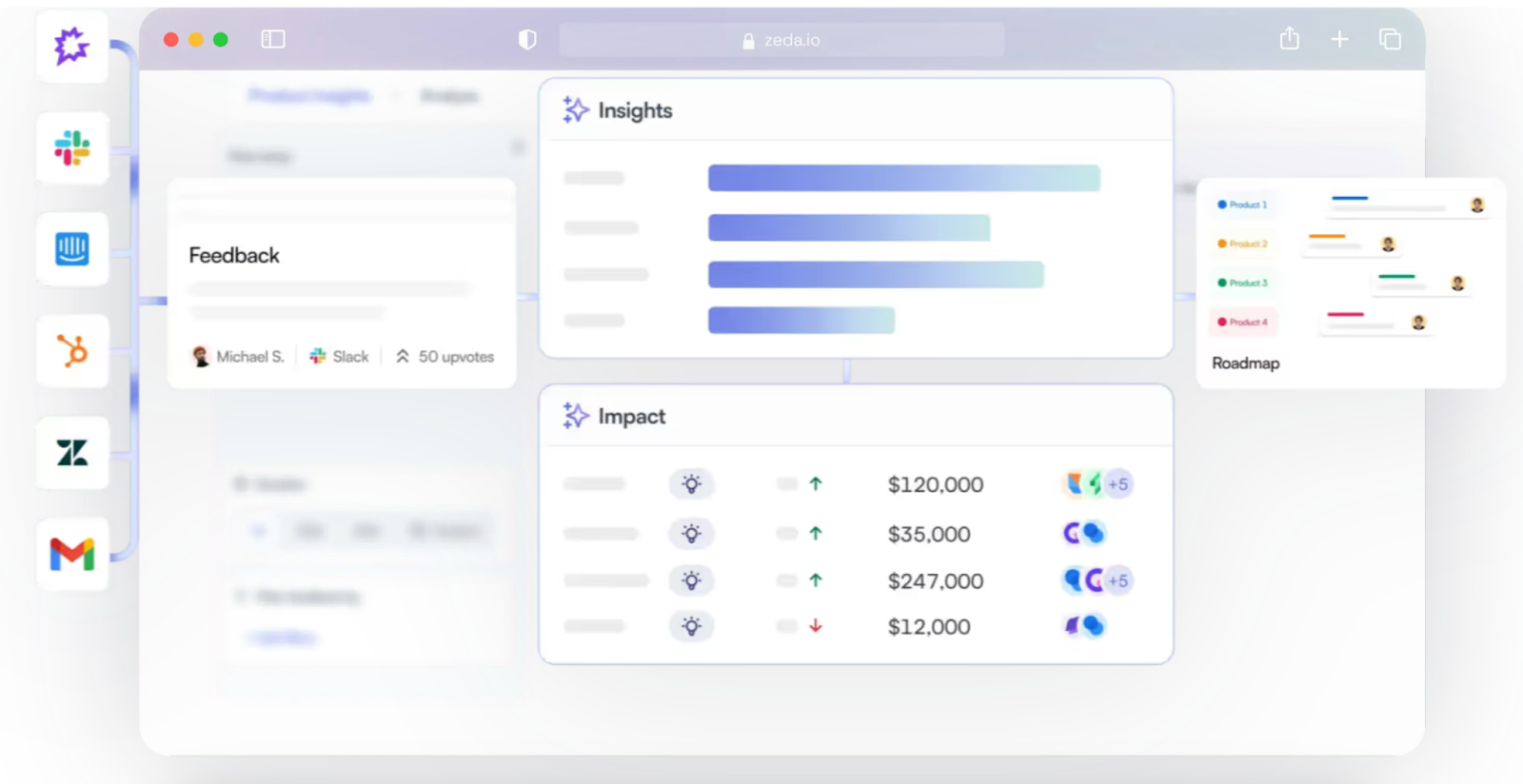
Zeda.io helps product managers turn scattered feedback into clear product direction.
It uses AI to collect and analyze user input from tools like Slack, Intercom, and surveys—then auto-tags themes like bugs, feature requests, or churn risks. Instead of digging through raw feedback, you get clean, actionable insights tied to revenue, segments, or product areas.
Price:
Starts at $499/month annually with 14-day trial
2. Dovetail

Dovetail helps PMs centralize research notes, user interview transcripts, surveys, and support tickets. Dovetail tags, summarizes, and highlights key patterns automatically, streamlining your UX research with AI. You can link insights to feature ideas, create shareable highlights for stakeholders, and reduce the time spent on synthesis. It’s ideal for discovery, roadmap planning, and making data-backed decisions without drowning in spreadsheets.
Price:
- Free
- Professional: $39 per user/month
- Enterprise: Custom pricing
3. Productboard AI
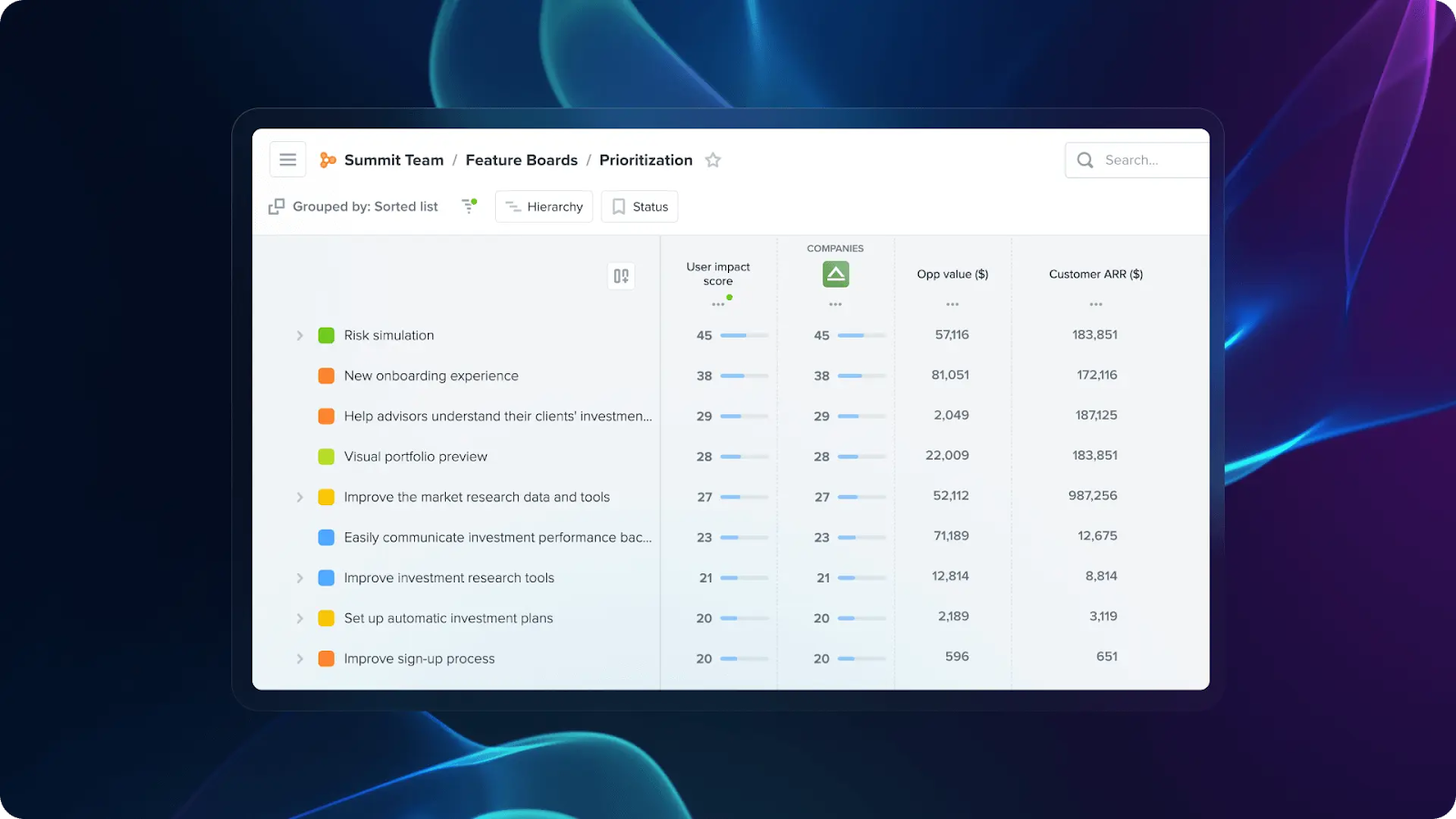
Productboard AI helps you prioritize what to build based on real customer needs. It pulls in user feedback from across your stack (emails, calls, CRMs), then uses AI to tag, organize, and connect that feedback to feature ideas. This supports continuous product discovery by helping you see what matters most across segments and how it aligns with your product vision.
Price:
- Starter: Free
- Essentials: $19 per user/month
- Pro: $59 per user/month
- Enterprise: Custom pricing
AI tools for prototyping
These AI tools show the impact of AI in UX design by helping product teams quickly turn ideas into interactive mockups so you can test, iterate, and validate faster.
4. Visily

Visily turns rough ideas into high-fidelity prototypes. Just describe your concept in plain language or upload a screenshot, and Visily’s AI generates editable wireframes instantly. You can iterate visually, collaborate with stakeholders, and export to UX design tools—all without starting from scratch.
Price:
- Starter: Free
- Pro: $11 per editor/month, billed annually
- Business: $29 per editor/month, billed annually
- Enterprise: Custom pricing
5. Uizard
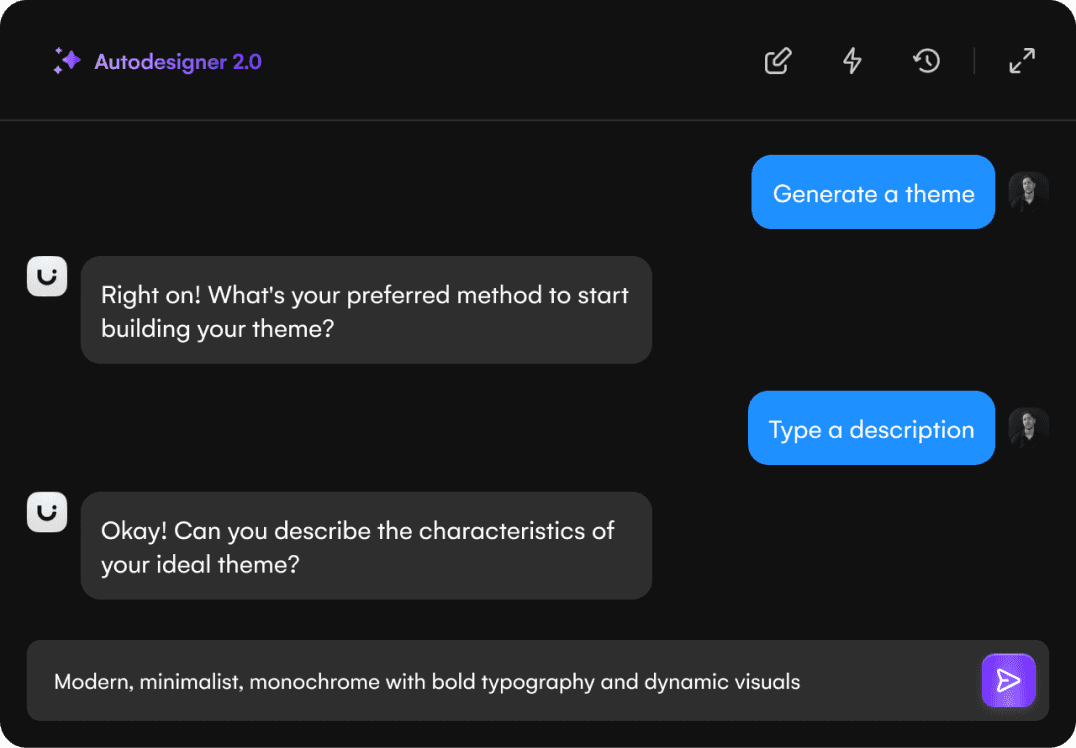
Uizard helps PMs go from idea to interactive prototype in minutes. You can sketch on paper, describe a UI in plain text, or upload screenshots—and Uizard’s AI turns it into a working wireframe or clickable mockup. It’s perfect for early-stage ideation, internal alignment, and testing flows before investing in full design or development.
Price:
- Free
- Pro: $12/month, billed annually
- Business: $39/month, billed annually
- Enterprise: Custom pricing
6. UX Pilot
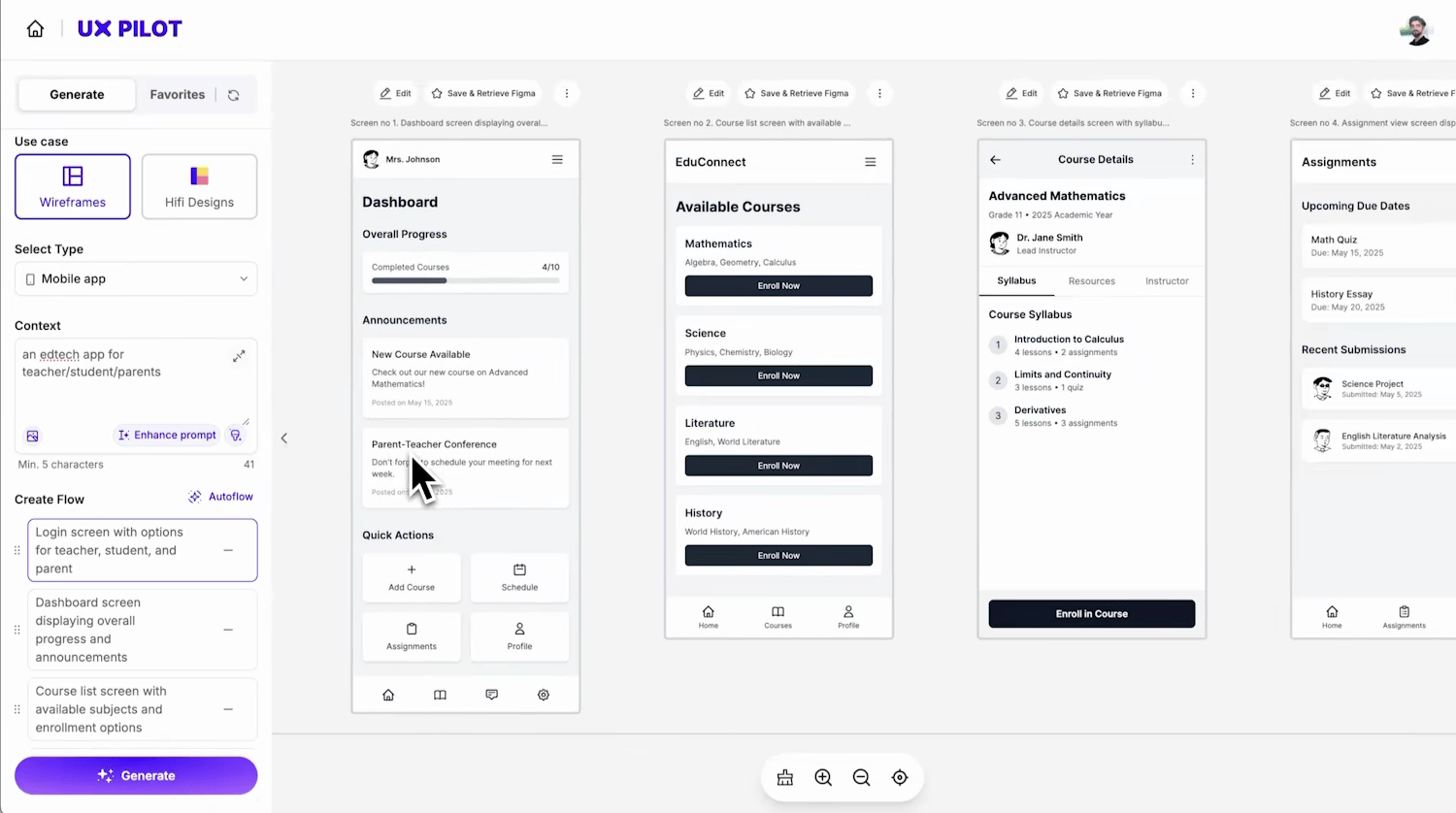
UX Pilot combines speed, accuracy, and real UX intelligence—all powered by AI. By providing simple prompts, you can create interactive, production-ready prototypes in minutes. The AI handles layout, design elements, and even generates code. It also reviews your mockups for usability heuristics and accessibility so you catch issues early. For PMs, this means faster ideation, less dependency on design teams, and stronger alignment with dev without sacrificing UX quality.
Price:
- Free
- Standard: $15/month
- Pro: $29/month
7. Proto.io
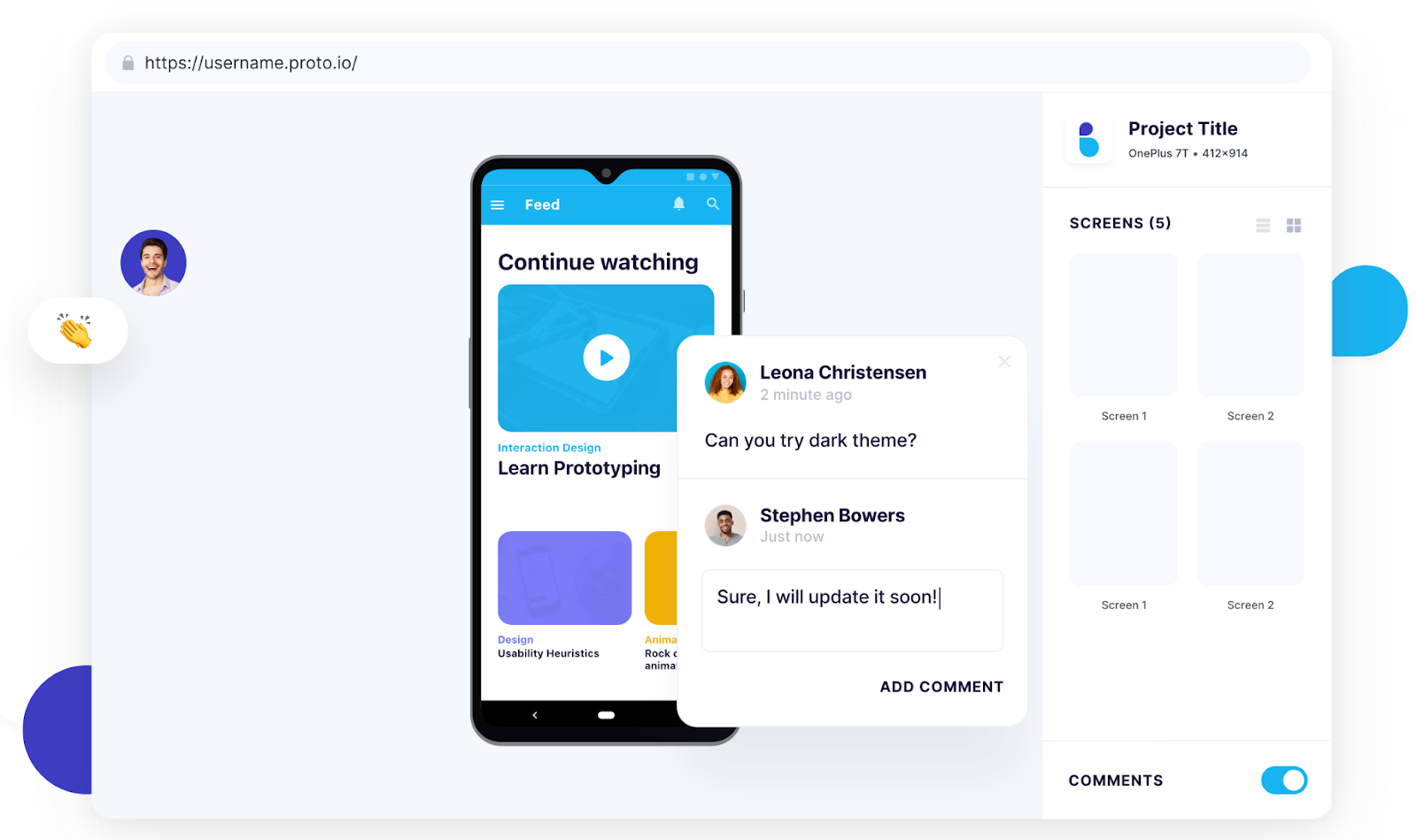
Proto.io's AI Image Wizard generates custom UI assets like icons and product images based on text prompts, speeding up the UX design process. You can build interactive prototypes with gestures, transitions, and animations without writing code. The platform also generates placeholder content and adapts layouts for different screen sizes.
Price:
- Freelancer: $29/month
- Startup: $49/month
- Agency: $99/month
- Corporate: $199/month
8. Banani AI
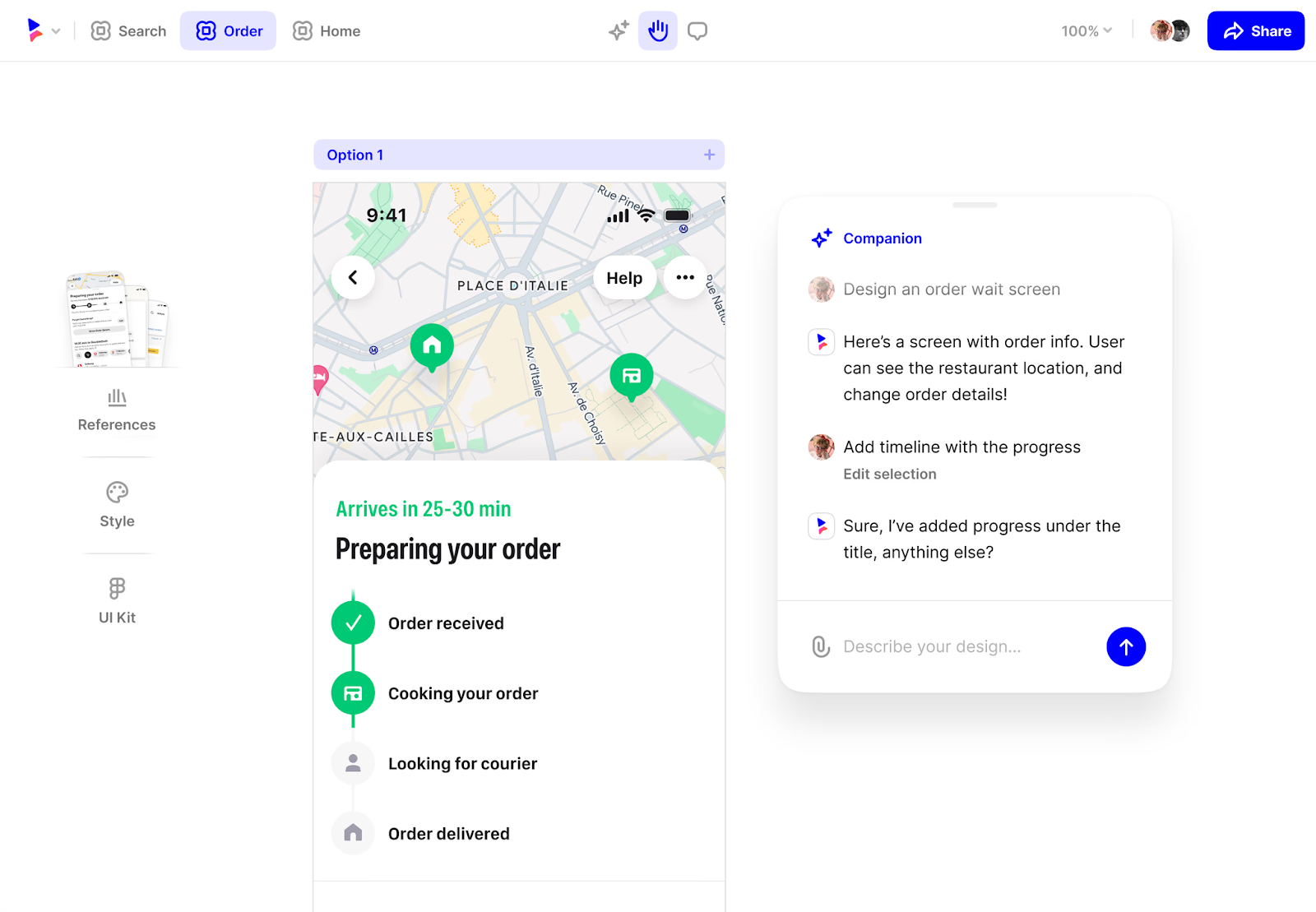
Banani AI turns plain text into working UI prototypes in seconds. You describe a screen or user flow in natural language like “a login page with email and password fields and a sign-in button” and Banani generates an interactive wireframe on the spot. It supports responsive layouts, editable elements, and exports to Figma. This makes it ideal for quickly visualizing ideas, refining user flows, or handing off concepts without waiting on design resources.
Price:
Free
AI tools for pricing research
Struggling to set product pricing? These AI tools help you gather competitor data, spot trends, and test pricing strategies so you can make confident, data-backed decisions for your product.
9. Prisync
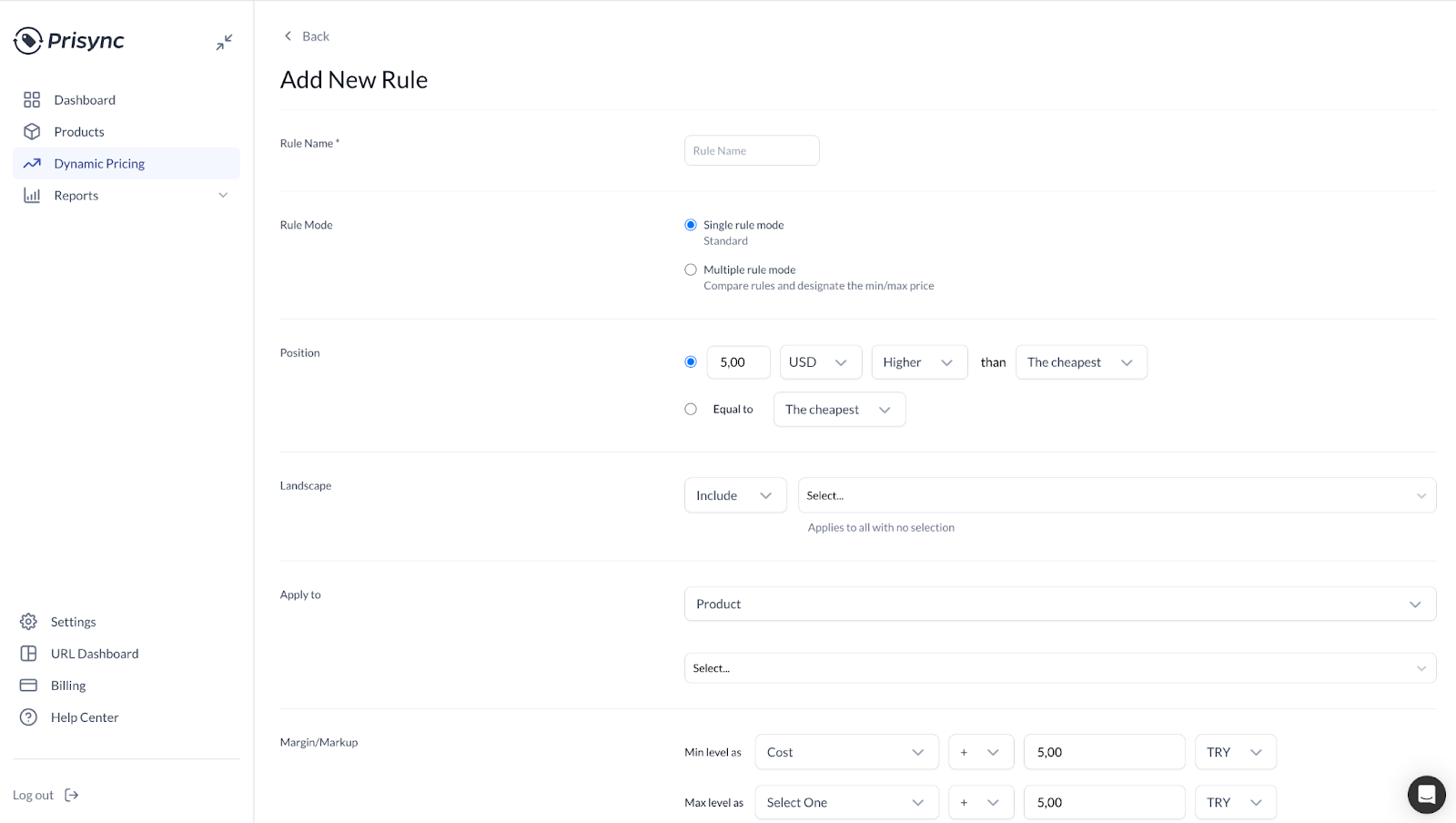
Prisync monitors price changes, stock availability, and trends across your competitors—then uses rules-based AI to suggest or automate pricing updates. You get clear dashboards, historical pricing data, and alerts that help you react quickly to shifts in the market. It’s built to support dynamic, data-driven pricing without manual tracking or spreadsheets.
Price:
- Professional: $99/month
- Premium: $199/month
- Platinum: $399/month
10. Crayon
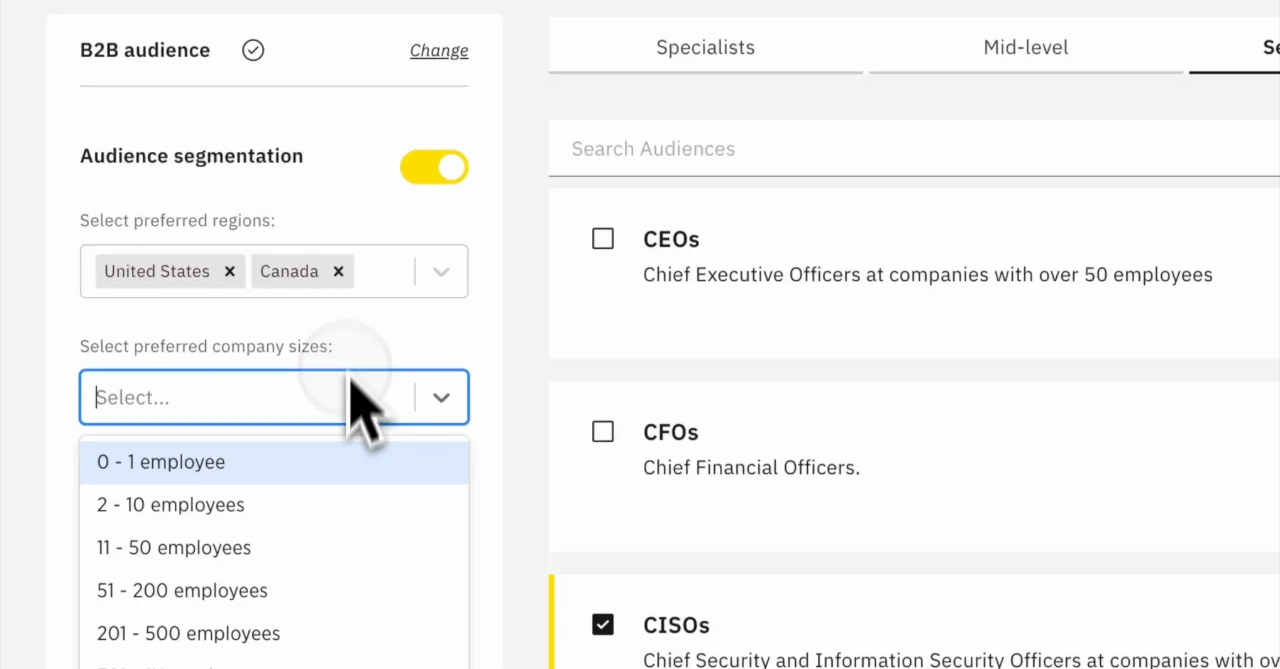
Crayon is an AI-powered competitive intelligence platform that helps product designers with price tracking and competitor product analysis. Its AI algorithms automatically monitor competitor pricing pages and feature sets in real-time. It identifies pricing patterns and provides actionable insights into how competitors are positioning their products.
Price:
Custom pricing, reach out for a quote
AI tools for user research and feedback
AI tools for user research cut out the heavy lifting from user research. They help you recruit participants, analyze responses, and spot patterns—so you can focus on turning insights into action.
11. Maze
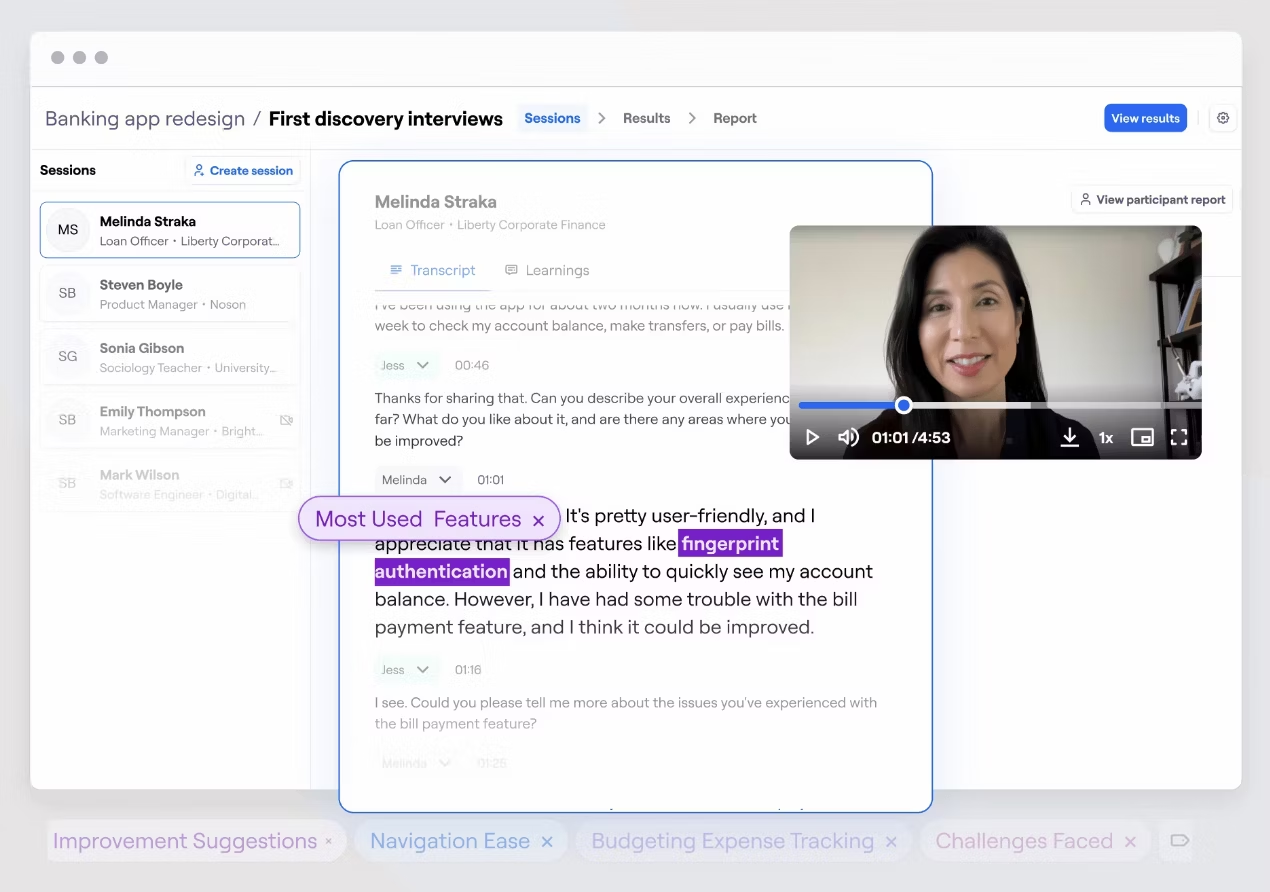
Maze is a complete user research platform that combines moderated and unmoderated studies with AI to deliver user insights at the speed of product development.
You can use Maze to run user interviews, UX surveys, usability testing, and more—all from one place.
Maze AI features are an all-in-one package to speed up conducting and analyzing research. From identifying sentiment and running user interviews with AI, to generating bias-free questions for surveys, and creating custom, stakeholder-ready reports.
For participant recruitment, the Maze Panel gives you access to a global panel of 3M+ users, as well as Maze Reach—a built-in CRM to manage participants across studies. You can also recruit directly from your product using In-Product Prompts.
With integrations across tools like Figma, Sketch, Amplitude, and Slack, Maze fits easily into your existing stack to support continuous research, cross-team collaboration, and faster, data-driven decisions.
Price:
- Free
- Starter: $99/month
- Organization: Custom pricing
Psst 👀
Scroll down for a walkthrough of how Maze can help product managers work smarter and faster.
12. Sprig

Sprig uses AI to automate qualitative research and surface actionable insights quickly. It handles participant recruitment, runs micro-surveys and concept tests, and automatically analyzes responses for sentiment, themes, and friction points. The AI highlights insights clearly, speeding up your understanding of user needs and helping you iterate confidently.
Price:
- Free
- Starter: Custom pricing
- Enterprise: Custom pricing
13. Looppanel
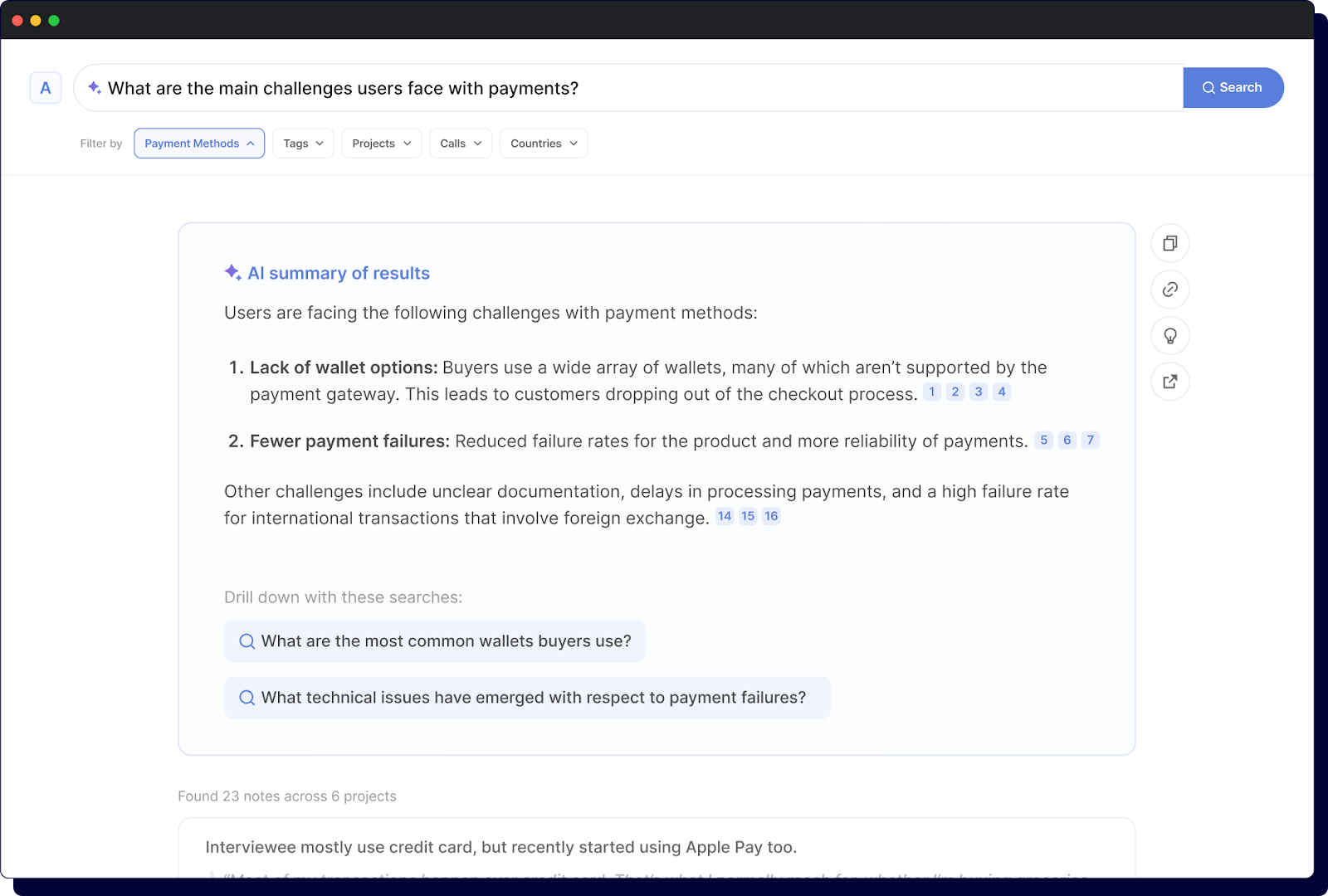
Looppanel leverages AI to simplify user interviews, analysis, and insight sharing. It automatically transcribes interviews, tags important themes, and synthesizes large amounts of qualitative data into clear summaries. The platform helps identify user motivations and pain points quickly, so you can spend less time organizing notes and more time acting on insights.
Price:
- Solo: $30/month
- Pro: $350/month
- Enterprise: Custom pricing
14. Qualtrics XM
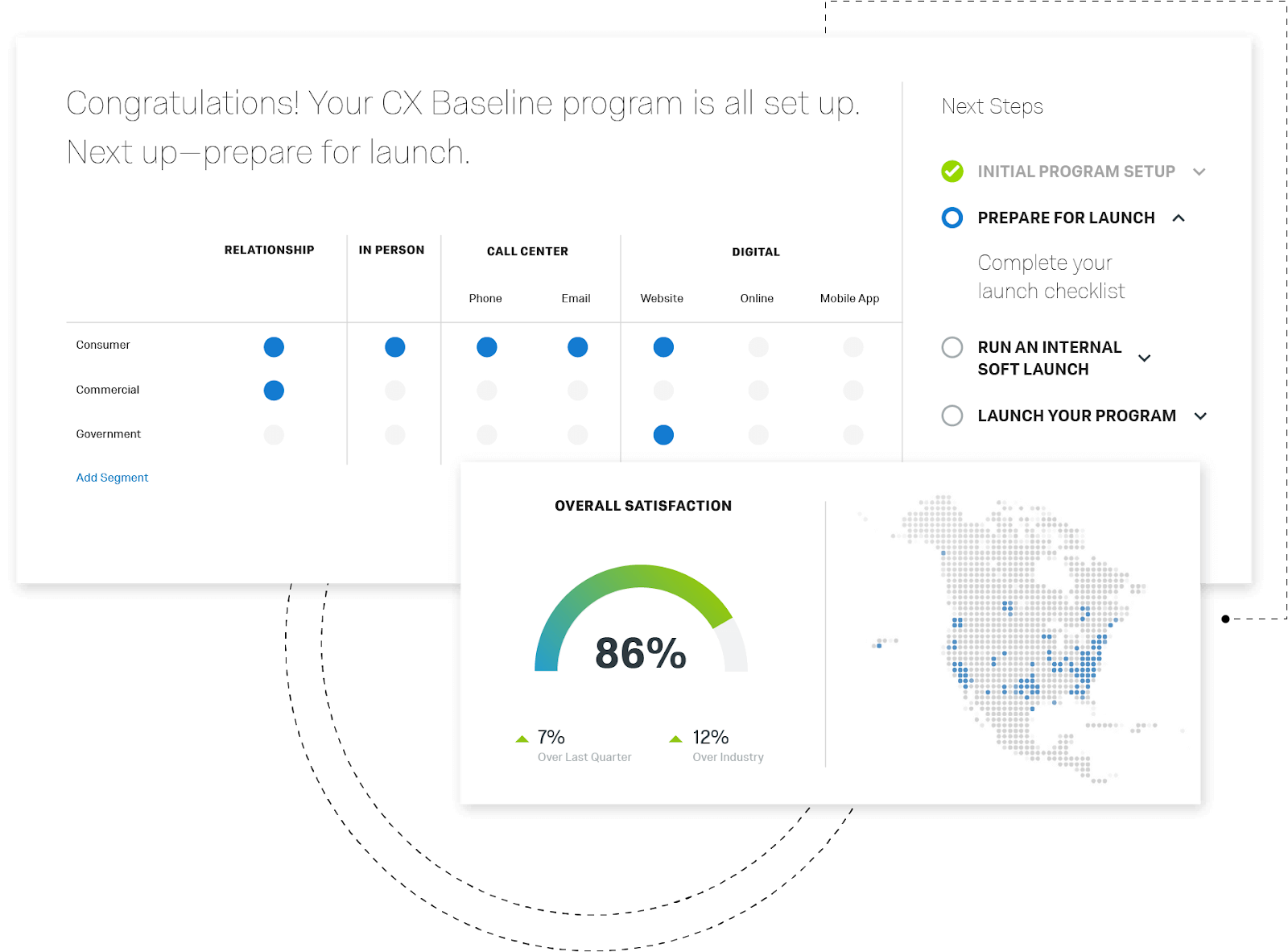
Qualtrics XM’s natural language processing engine identifies sentiment, themes, and intent across open-text responses. You can track customer satisfaction metrics like NPS, CSAT, and CES while the AI finds key drivers behind scores and alerts you to emerging issues. It also recommends actions based on feedback trends, helping teams respond quickly and improve the user experience.
Price:
Custom pricing
15. Refiner.io
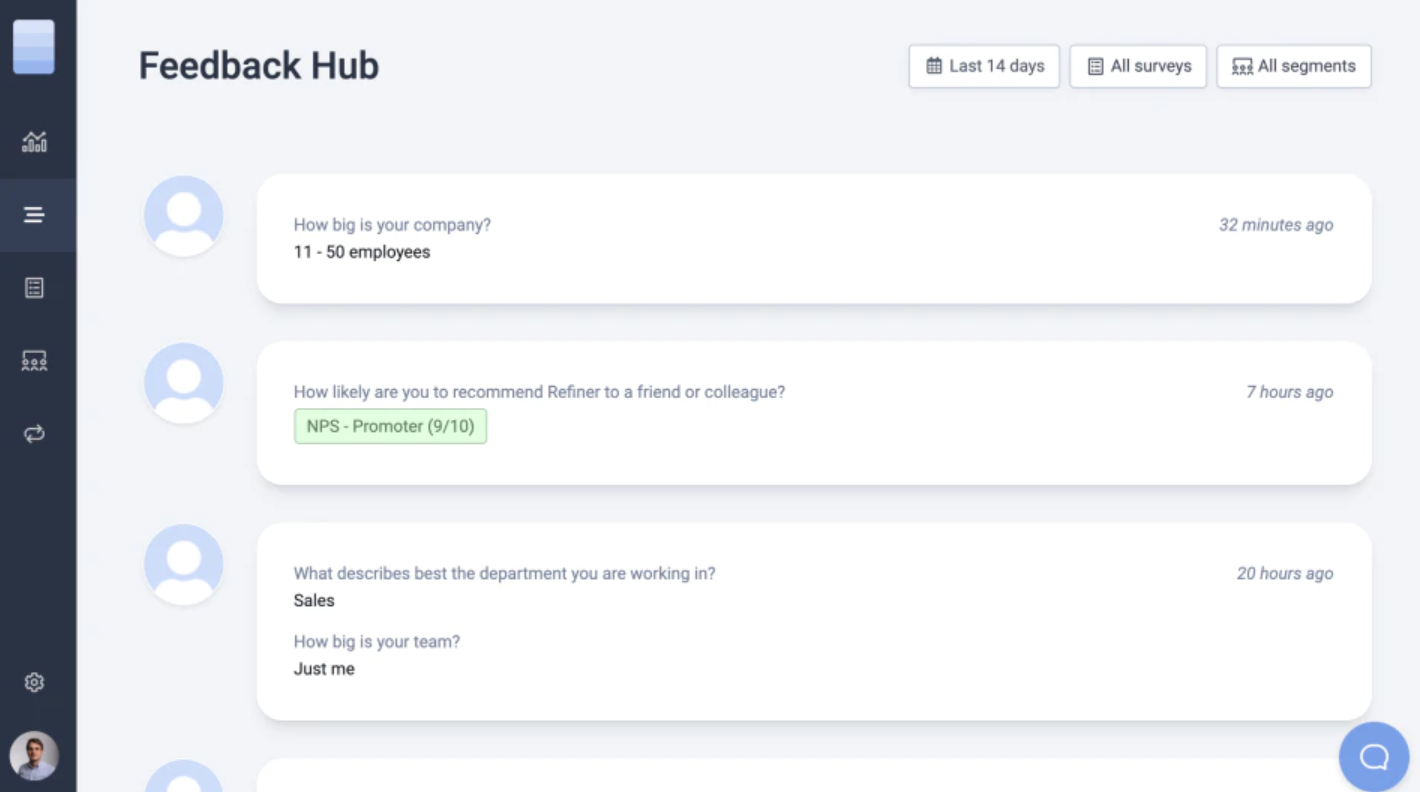
Refiner lets you run targeted in-app surveys like NPS, CSAT, and custom feedback prompts. You can trigger customer experience surveys based on user behavior or lifecycle stage, and its AI groups open-ended responses by sentiment and theme. It integrates with tools like Segment and Slack, making it easy to act on insights without digging through raw data.
Price:
- Essentials: $99/month
- Growth: $239/month
- Enterprise: Custom pricing
AI tools for data analysis
AI makes it easier to understand product data. These AI data analysis solutions help you find patterns, track changes over time, and spot what’s working—or more importantly, what’s not.
16. Mixpanel
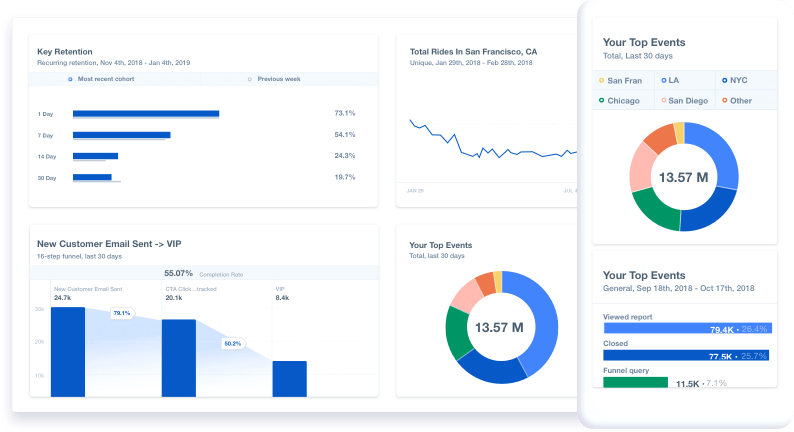
Mixpanel’s AI-powered tools highlight changes in key product analytics, suggest trends to watch, and explain what’s driving user actions across funnels and retention. You can ask plain-language questions and get charts or insights instantly. Mixpanel makes it easy to explore how users engage with features, so you can make better decisions based on what’s actually happening in your product.
Price:
- Free
- Enterprise: Custom pricing
17. Amplitude

Amplitude uses AI to help you understand what drives user behavior and retention. Its predictive analytics highlight which actions lead to long-term engagement or churn. You can run path analysis, compare user cohorts, and use natural language queries to explore trends. Amplitude’s AI also suggests anomalies or shifts in behavior, making it easier to spot success or challenges.
Price:
- Free
- Plus: $61/month
18. Google Gemini

Google Gemini helps you analyze product data while you’re in the document or spreadsheet. You can ask questions about data on user behavior, feature usage, or trends, and get instant summaries, charts, or suggestions. Integrated with Google Workspace, Gemini makes it easy to explore data in Docs, Sheets, or Gmail—without navigating to a different tool or writing formulas or code.
Price:
- Free
- Gemini code assistant standard: $22.80 per user/month
19. ChatGPT
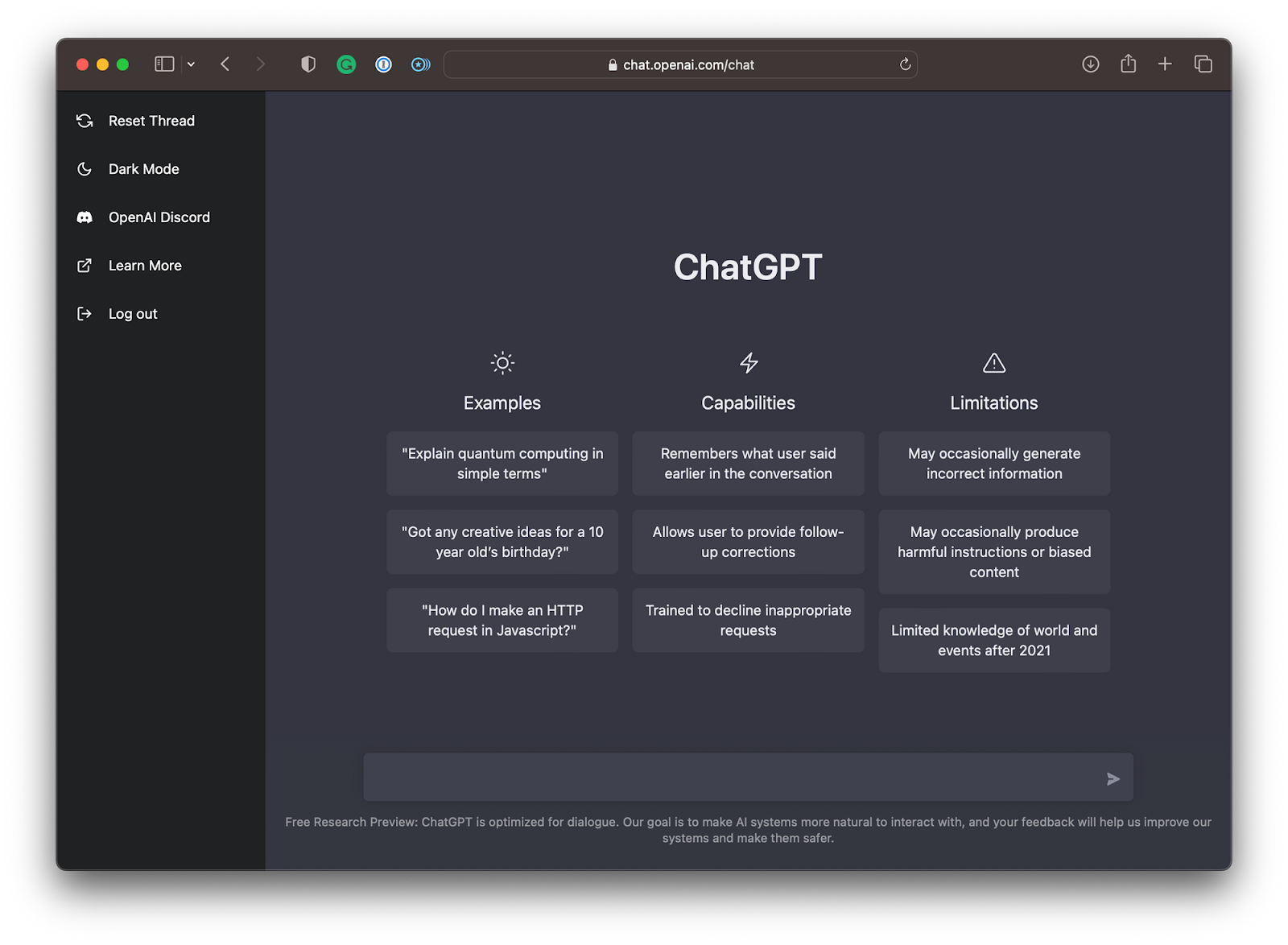
ChatGPT helps you explore, summarize, and interpret product data using plain language. You can paste raw datasets into the chatbot, ask for trends, generate summaries, or even create SQL queries to dig deeper. With custom GPTs and plugin support, ChatGPT can adapt to your stack and speed up analysis across research, usage metrics, and team documents.
Price:
- Free
- ChatGPT Plus: $20/month
- ChatGPT Pro: $200/month
AI-assisted product documentation tools
Product docs often fall behind because they’re manual or time-intensive, meaning they get de-prioritized. AI helps by turning notes, tickets, and conversations into clear, structured documentation so your specs, changelogs, and knowledge bases stay useful and up to date.
20. ChatPRD
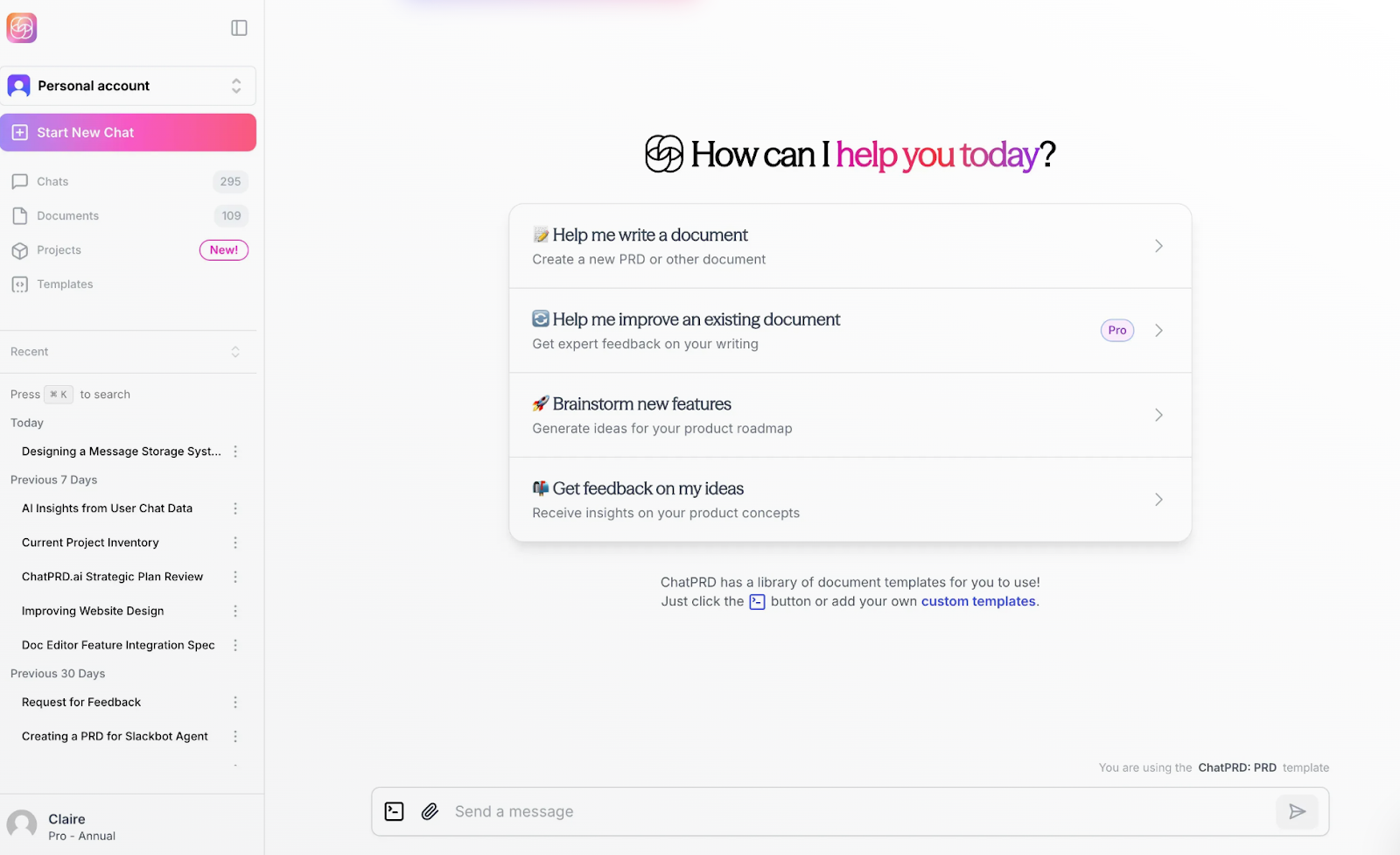
ChatPRD helps you generate product requirement documents (PRDs) from simple prompts or feature ideas. You describe what you're building, and AI drafts a full PRD, including goals, user stories, edge cases, and success metrics. You can edit sections or refine the output by chatting with the tool. It’s designed to speed up documentation and keep product specs clear, complete, and consistent.
Price:
- Basic: $8/month
- Pro: $15/month
- Teams: $24/month
21. Notion AI
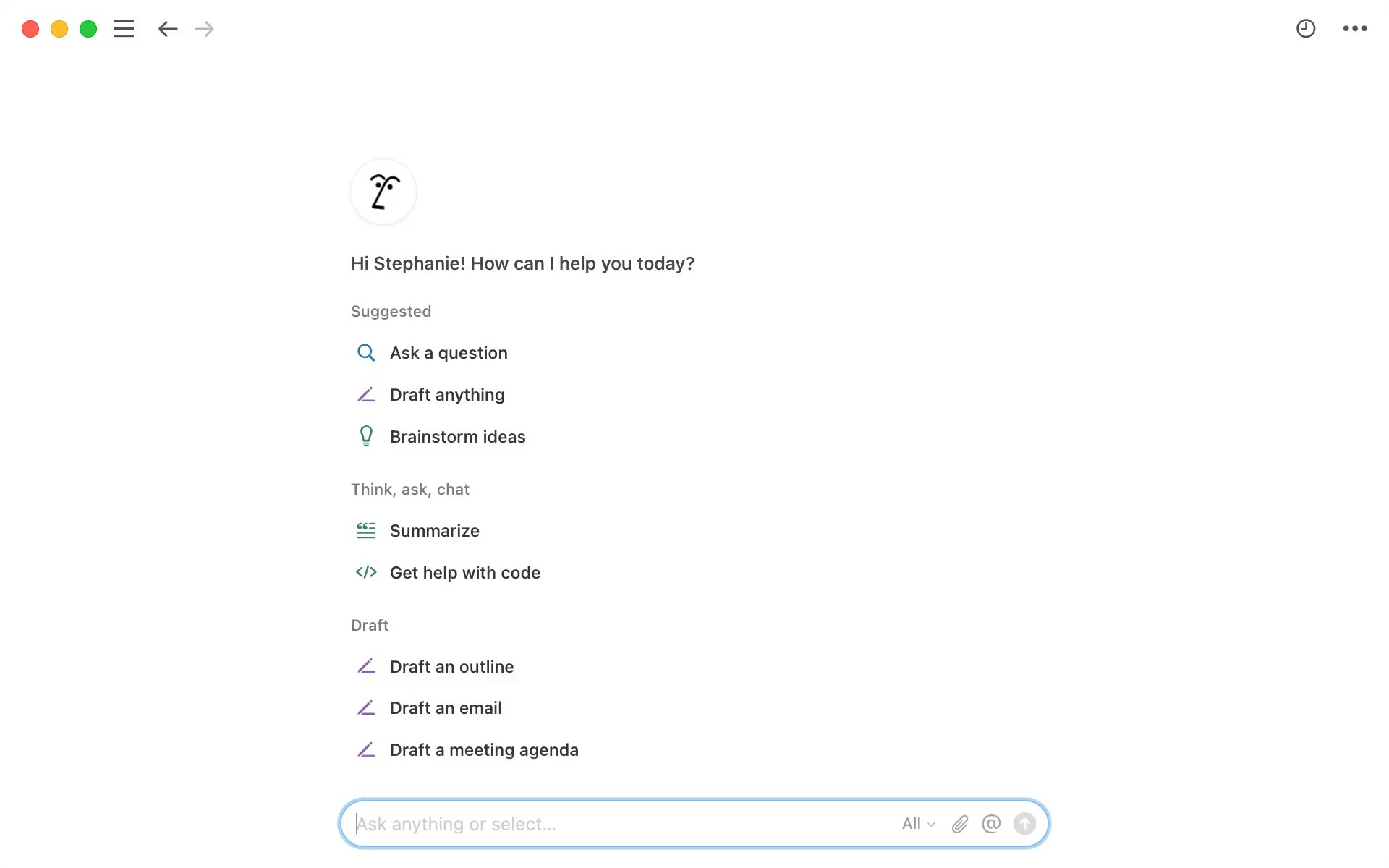
Notion AI helps you write, edit, and organize product docs without switching tools. You can summarize meeting notes, draft PRDs, or clean up messy outlines using natural language commands. It also auto-updates content, suggests improvements, and helps turn scattered inputs into clear, structured documentation—all within your existing Notion workspace.
Price:
- Free
- Plus: $12 per seat/month
22. ProdPad CoPilot
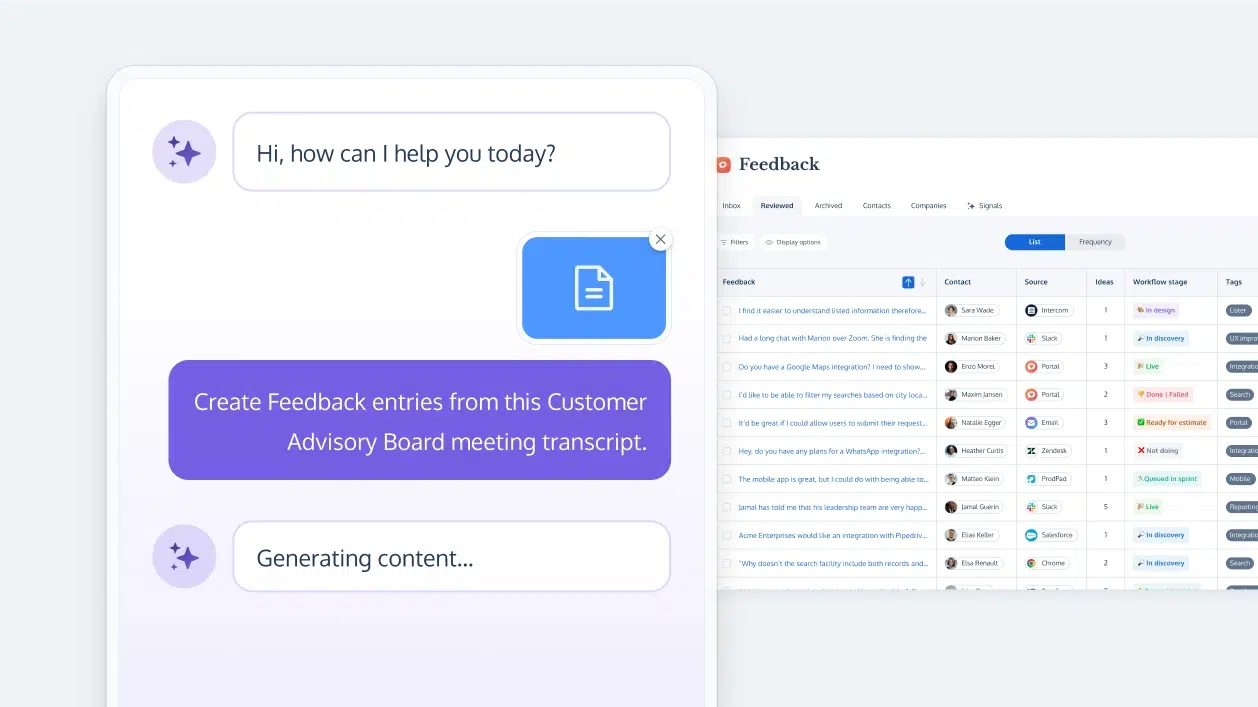
ProdPad CoPilot uses generative AI to turn rough ideas into clear, structured product documents. You can describe a feature, drop in customer feedback, or outline a goal, then CoPilot will generate product specs, user stories, and even product roadmap items using prebuilt templates. It helps document decisions in real time, highlight action items, and keep your backlog clean. For teams working on multiple product features, it supports day-to-day documentation and streamlines alignment across stakeholders.
Price:
- Roadmaps essentials: $30 per editor/month
- Roadmaps advanced: $55 per editor/month
- Ideas essential: $30 per editor/month
- Ideas advanced: $45 per editor/month
- Feedback essentials: $30 per editor/month
- Feedback advanced: $45 per editor/month
How Maze helps product managers
So how does Maze actually help product managers?
Maze AI helps you run user research quickly and get useful answers without doing all the work yourself. You can test ideas, run surveys, or check how people use your designs—even before you build anything.
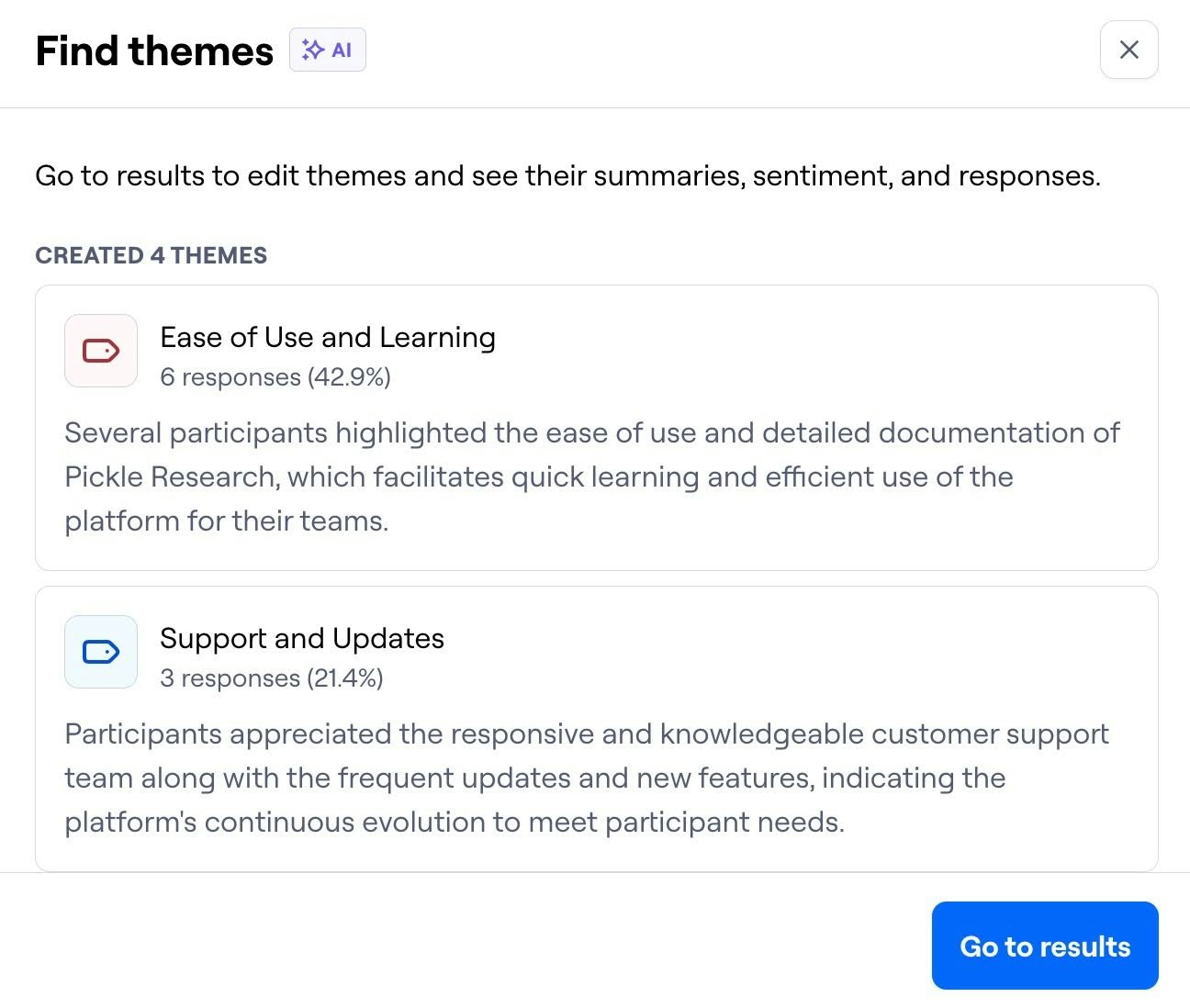
Just some of the ways Maze saves product managers time include:
- Maze integrates with design, analytics, and documentation tools like Figma, Amplitude, Atlassian, Notion, Miro and more, so you can test real prototypes and connect your workflows
- Once people complete a test, Maze breaks down the results for you with click paths and heat maps—so you can see where they got stuck, and where they dropped off
- Maze AI quickly works through user interviews, automatically transcribing them and identifying sentiment, key quotes, themes and takeaways
- Stuck writing survey questions? Use Maze AI to draft The Perfect Question, free from bias or errors…
- Then let AI Follow-Ups generate generate contextual follow-up questions to dig deeper into participant answers as they make their way through your study
- And when you’re done? Maze AI conducts AI thematic analysis to to review answers and speed up survey analysis
- Finally, access a customizable auto-generated UX research report with everything you need to know and share: visuals, insights, summaries and links to further reading
Sound good?
Try it for yourself
Maze AI brings speed and clarity to your user research, so you can move faster, learn continuously, and build with confidence.
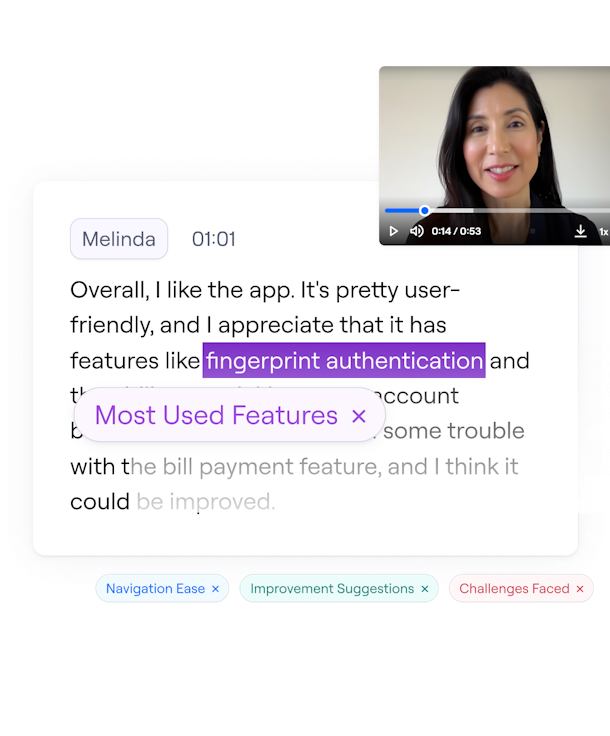
Challenges and considerations when using AI in product management
Using AI in product management is great, but only provided you have clear guardrails in place. The ethics of AI mean if you’re not careful, AI can create new risks—from relying on bad data to losing context around your users.
Here’s where AI helps and where it can fall short:
- Data quality affects everything: AI is only as good as the data it’s given. Inaccurate, incomplete, or biased input can lead to poor recommendations or flawed insights—especially in tools that summarize research or suggest product decisions.
- Over-reliance can lead to shallow thinking: It’s easy to let AI write your PRDs or analyze feedback, but PMs still need to think critically. Relying too much on automation can lead to decisions that lack context, nuance, or deep user understanding.
- Privacy and security risks: Some AI tools require uploading sensitive internal data like customer feedback, roadmap details, or usage logs. If a tool doesn’t offer strong data privacy protections, you risk leaking proprietary information.
- Ethical use of user data: AI tools often process large amounts of user data from behavior logs to survey responses. If users don’t know how their data is being used or didn’t give clear consent, it can create trust issues. PMs must ensure transparency, respect privacy, and avoid using AI in ways that are invasive or manipulative.
- Integration friction: Many AI tools operate in isolation. If they don’t integrate well with your design, dev, or analytics stack, they can become yet another disconnected workflow.
Let AI support product management
With the right tools, you can spend less time cleaning data, writing docs, or tagging feedback. That means more time for thinking, testing, and building the right things.
If you’re exploring where to begin, why not try Maze? This all-in-one research and discovery tool covers the entire product development process—from recruitment and research, to analysis and reporting. Plus, AI integrations mean fewer blockers between questions and answers, and faster feedback loops for your team.
Let AI do the busywork. You do the thinking.
Try it for yourself
Maze AI brings speed and clarity to your user research, so you can move faster, learn continuously, and build with confidence.

Frequently asked questions about AI tools for product managers
How do product managers use AI?
How do product managers use AI?
Product managers use AI to analyze data, generate documents, summarize feedback, validate ideas, and speed up decision-making across the product lifecycle.
How can product managers use ChatGPT?
How can product managers use ChatGPT?
Product managers use ChatGPT to write PRDs, draft user stories, summarize research, generate SQL queries, and explore product ideas using natural language prompts.
Will AI take over product managers?
Will AI take over product managers?
No, AI product management won’t take over product managers. AI can support tasks, but product judgment, user empathy, and cross-team leadership still rely on people.

